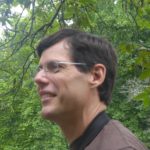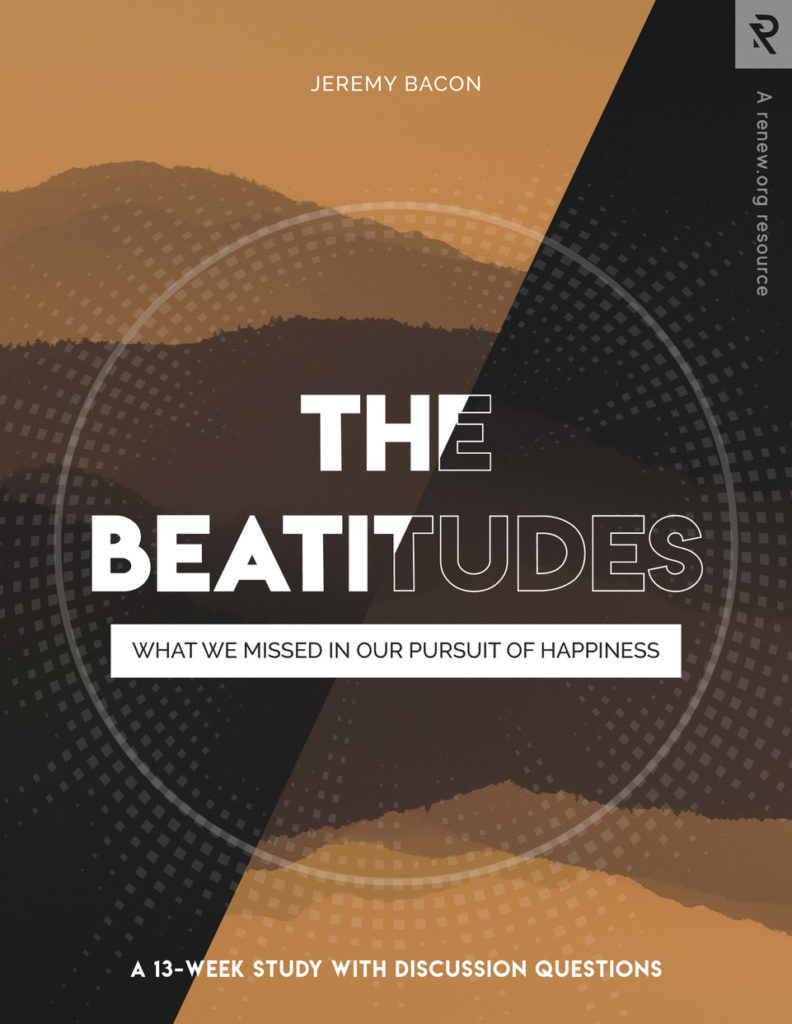
Sermon on the Mount: Narrow Gate
In Luke, someone straight-up asks Jesus, “Are only a few people going to be saved?” (Luke 13:23). In his answer, echoed in Matthew, Jesus clearly says, “Yes”:
“Enter through the narrow gate. For wide is the gate and broad is the road that leads to destruction, and many enter through it. But small is the gate and narrow the road that leads to life, and only a few find it” (Matt. 7:13-14).
Now, Jesus just summarized the entire Sermon on the Mount with empathy (7:12)—reminding us that every single human being has the same value we do. And now he tells us that most of them are not going to be saved?!? How could anyone possibly be okay with this?
No one said they should be. As we’ve seen, much of the Sermon on the Mount walks in the “wisdom literature” tradition. The whole point of that tradition is to honestly look at “the way things are.” I constantly think of a grizzled older guy saying, “Look, kid. This is just how it works, like it or not.” So it’s not that Jesus is saying that it’s good that the wide path leads to destruction or that he likes that many (most?) people end up going that way. This could be a “wisdom literature” observation that this is just the way things are. You can whine about it, but that doesn’t change it.
“Look, kid. This is just how it works, like it or not.”
But why is the path to destruction wide and the path to life narrow? A possible exegetical clue is that the many “enter” by the wide gate, but the few “find” the narrow gate. There’s a bit more agency implied in the latter. “Finding” the narrow gate involves a deliberate intention—actively looking for it. Whereas “entering” the wide gate is more automatic.
If you take the “path” as one’s way of life (which it is—Greek doesn’t talk about how you “live;” it talks about how you “walk”), just ask the brutal question: “Do most people live their lives intentionally or are they mainly on auto-pilot?” Do most people reflect on where they are and actively develop themselves as fuller people, or do they plod through their crappy job, get drive-through on their way home, and watch Netflix until they pass out?
“Do most people live their lives intentionally or are they mainly on auto-pilot?”
In a street-level, wisdom sense, it’s painfully realistic to say that most people slide their way into patterns of living that are destructive. Not many people choose to work to better themselves. Honestly, this seems equally true if you’re talking about spiritual growth or a more secular “personal growth.” How common is it to deliberately pursue growth? In the context of the Sermon on the Mount, how common is it to actively work to become the kind of person Jesus describes?
Not that common.
As if to illustrate the point, that very word “work” is triggering in a lot of Protestant circles. “Work? WORK?! We’re saved by grace, not by works!” The whole debate is a red herring. At best, the debate sucks up a whole lot of energy we could be using to try to live the life Jesus lays out for us. At worst, we may explicitly conclude that trying is wrong—that Christianity isn’t active, it’s passive.
Which is, of course, ridiculous. Of course Christianity is active. Life is active. Jesus doesn’t tell us to sit in the right chair. He tells us to walk the right path.
Narrow Gate: “Jesus doesn’t tell us to sit in the right chair. He tells us to walk the right path.”
The path we are supposed to “enter” is the Kingdom (Matt. 5:20). It is life (Mark 9:43). It is the righteousness that is Jesus himself (Matt. 5:10-11). It is the path laid out in the Sermon on the Mount. Like a path through the forest, Jesus spent the last three chapters putting reflective markers on trees to let us know we’re going in the right direction.
Yet walking the path still takes work. The word “narrow” (Matt. 7:14) can imply difficulty and discomfort. Walking the path involves continual seeking. “Okay, I should forgive. But how?” “I should treat everyone with respect. But how?” “I should trust God for my needs. But how?”
Whom do you think you are asking? Jesus. Who do you think leads you to the solutions you need? Jesus. Who gives you the power to implement those solutions, and who sustains you as you face difficulties? Jesus. And so, when you seek, and then you do find, your response is, “Thank you, Jesus.”
Narrow Gate: “Walking the path involves continual seeking.”
Just deal with the paradox: You work your tail off, and you experience the entire thing as grace. That’s exactly what the guy who wrote “It is by grace you have been saved” did.
“Do you not know that in a race all the runners run, but only one gets the prize? Run in such a way as to get the prize. Everyone who competes in the games goes into strict training. They do it to get a crown that will not last, but we do it to get a crown that will last forever. Therefore I do not run like someone running aimlessly; I do not fight like a boxer beating the air. No, I strike a blow to my body and make it my slave so that after I have preached to others, I myself will not be disqualified for the prize” (1 Cor. 9:24-27).
Paul doesn’t say to walk the path Jesus laid out. He says to run it.
We may not like the idea that most people don’t get on that path. Neither does Jesus. That’s why he’s saying this at all. He’s shouting to whoever will listen that the path is here. It’s available. It can be found. And he wants as many people as possible on it.
Narrow Gate: “He’s shouting to whoever will listen that the path is here. It’s available. It can be found.”
But, like the rest of the Sermon on the Mount, you can’t focus on them. They control them. You control you. You can’t let what they’re doing distract you from what you need to be doing. So stop and look at you. Compare what you see in your life to what Jesus has talked about in this sermon.
How are you living? Where are your feet pointed?
What path are you on?









